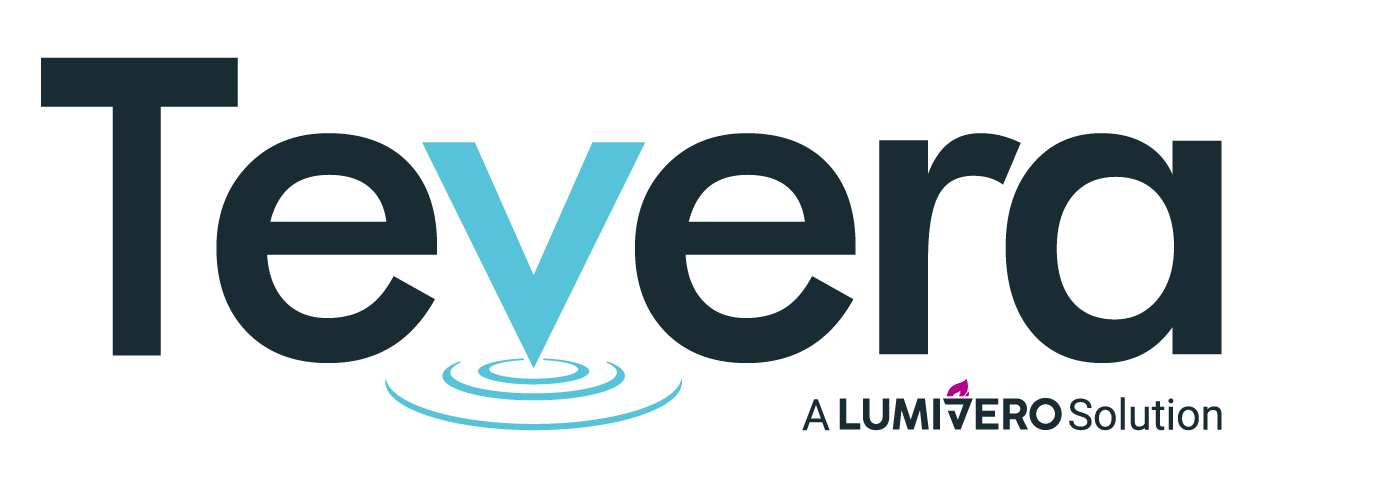Executive Summary
Heidelberg University’s Master of Arts in Counseling (MAC) program is using Tevera to improve efficiencies in assessment and field placement for students and faculty.
Article reprinted and adapted from Inside Heidelberg University.
Heidelberg University students benefit from MAC’s new online management system
The faculty members in the Master of Arts in Counseling (MAC) program have been busy this summer improving efficiencies for students and faculty through an investment in Tevera, an online management system for assessment and field placement.
The implementation of Tevera was funded through a $1.3 million grant, titled Project KITE, that MAC received back in 2017 to train counselors to fill gaps and unmet needs in Health Professional Shortage Areas. Project KITE also included funding for technology to support field work and professional development.
“Upon the recommendations from other counseling field coordinators outside Ohio, the MAC team chose to pursue this technology to streamline the application and documentation process required for field placement,” said Dr. Robin DuFresne, assistant professor of graduate counseling and field coordinator.
Robin explained that Tevera is designed with counseling programs in mind and many of the functions were designed to meet CACREP accreditation standards. At Heidelberg, it was implemented for field placement this summer and will be implemented for assessment by Spring ’23.
Tevera gives students a tracking system that will facilitate licensure in Ohio and other states. Additionally, students will have access to all of the system’s applications after graduation to facilitate the documentation for maintaining and renewing their counseling license.
In the initial stages of exploring Tevera, MAC learned it could be used for tracking assessment data for accreditation and grant applications as well.
“We are very excited to provide this extra support for our students,” Robin said. “The feedback from our graduate students and site supervisors has been positive!”
SOLUTIONS
RELATED POSTS
PRODUCT OVERVIEW
See how Tevera can elevate your program.
Executive Summary
Heidelberg University’s Master of Arts in Counseling (MAC) program is using Tevera to improve efficiencies in assessment and field placement for students and faculty.
Article reprinted and adapted from Inside Heidelberg University.
Heidelberg University students benefit from MAC’s new online management system
The faculty members in the Master of Arts in Counseling (MAC) program have been busy this summer improving efficiencies for students and faculty through an investment in Tevera, an online management system for assessment and field placement.
The implementation of Tevera was funded through a $1.3 million grant, titled Project KITE, that MAC received back in 2017 to train counselors to fill gaps and unmet needs in Health Professional Shortage Areas. Project KITE also included funding for technology to support field work and professional development.
“Upon the recommendations from other counseling field coordinators outside Ohio, the MAC team chose to pursue this technology to streamline the application and documentation process required for field placement,” said Dr. Robin DuFresne, assistant professor of graduate counseling and field coordinator.
Robin explained that Tevera is designed with counseling programs in mind and many of the functions were designed to meet CACREP accreditation standards. At Heidelberg, it was implemented for field placement this summer and will be implemented for assessment by Spring ’23.
Tevera gives students a tracking system that will facilitate licensure in Ohio and other states. Additionally, students will have access to all of the system’s applications after graduation to facilitate the documentation for maintaining and renewing their counseling license.
In the initial stages of exploring Tevera, MAC learned it could be used for tracking assessment data for accreditation and grant applications as well.
“We are very excited to provide this extra support for our students,” Robin said. “The feedback from our graduate students and site supervisors has been positive!”
Executive Summary
Heidelberg University’s Master of Arts in Counseling (MAC) program is using Tevera to improve efficiencies in assessment and field placement for students and faculty.
Article reprinted and adapted from Inside Heidelberg University.
Heidelberg University students benefit from MAC’s new online management system
The faculty members in the Master of Arts in Counseling (MAC) program have been busy this summer improving efficiencies for students and faculty through an investment in Tevera, an online management system for assessment and field placement.
The implementation of Tevera was funded through a $1.3 million grant, titled Project KITE, that MAC received back in 2017 to train counselors to fill gaps and unmet needs in Health Professional Shortage Areas. Project KITE also included funding for technology to support field work and professional development.
“Upon the recommendations from other counseling field coordinators outside Ohio, the MAC team chose to pursue this technology to streamline the application and documentation process required for field placement,” said Dr. Robin DuFresne, assistant professor of graduate counseling and field coordinator.
Robin explained that Tevera is designed with counseling programs in mind and many of the functions were designed to meet CACREP accreditation standards. At Heidelberg, it was implemented for field placement this summer and will be implemented for assessment by Spring ’23.
Tevera gives students a tracking system that will facilitate licensure in Ohio and other states. Additionally, students will have access to all of the system’s applications after graduation to facilitate the documentation for maintaining and renewing their counseling license.
In the initial stages of exploring Tevera, MAC learned it could be used for tracking assessment data for accreditation and grant applications as well.
“We are very excited to provide this extra support for our students,” Robin said. “The feedback from our graduate students and site supervisors has been positive!”


















